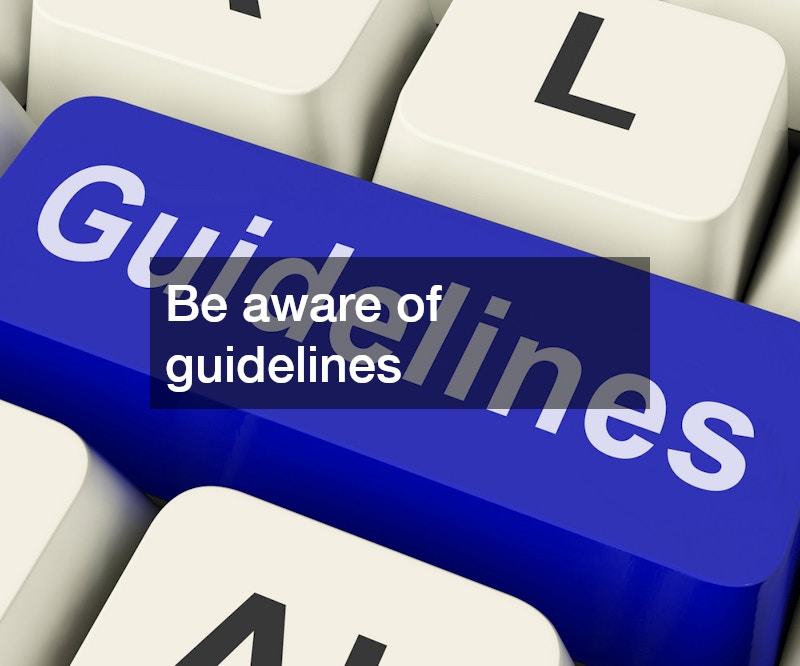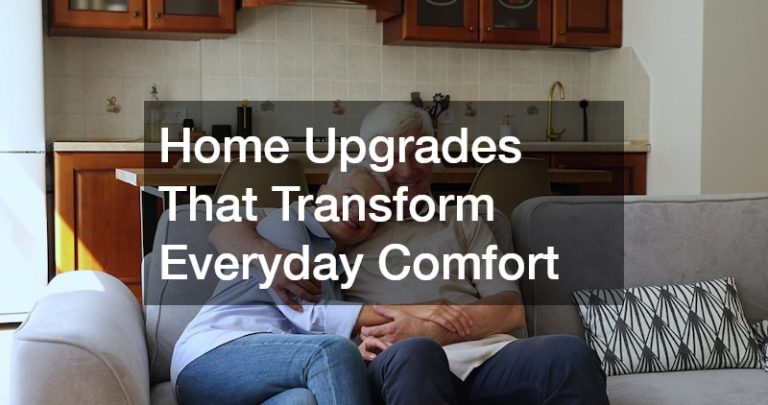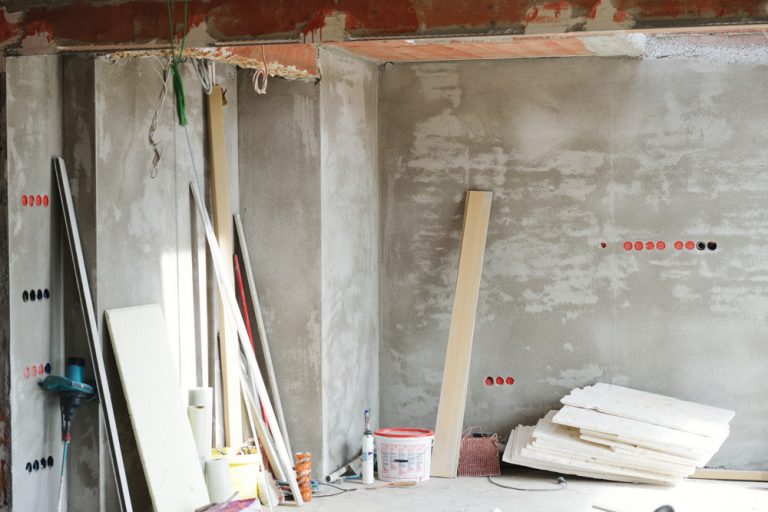
If you are a first time home buyer, you may not know how to choose the right homeowners insurance plan. Read on to learn how to choose the right policy. It’s essential to protect your property with home insurance – and many homeowners need more than a basic policy. Talk to an experienced home insurance agent who knows your neighborhood and can successfully present all your available options. Many agents will use some version of a home insurance checklist, which can help identify insurance needs.

Two additional insurance options are fire & extended coverage insurance. Clients who live in areas with a higher fire incidence need coverage in case of fire. Owners of large homes may decide to get extended coverage policies. Those policies – sometimes called supplemental homeowners insurance – will cover the costs of repairing your home that exceed your policy limits.

When you buy a home insurance policy, you must review it to be aware of its guidelines related to home insurance pre existing conditions. This means you need to take pictures of all surfaces inside and outside your home. Since your policy won’t pay for pre-existing damage, you must be able to prove any claimed damage is new.
Roughly 33% of homebuyers in the last year were first-time home buyers, according to the National Association of Realtors (NAR) Research Group. Buying your first home is a big step. With lenders, closing costs, mortgage rates, and property taxes to think about, it is very possible — and very common — for first-time homebuyers to forget about some pretty big purchases for their brand new home. Use the list below to make sure you’re prepared when you move in.
1. Make a List Of Necessary Appliances
Before moving into your home, make a list of appliances you need and be realistic about your budget. Appliances hold up pretty well, so it’s probably wise to narrow your internet search for used appliances for sale. A microwave lasts an average of nine years. That means that even one that is a few years old is still almost as good as new.
Take inventory of what you will need. Does your new house come with a washer and dryer? If not, even top-selling brands, like Speed Queen Washer and Dryers, can be purchased at a reasonable price if they are gently used. If you are handy, consider taking it one step further and expanding your search from gently used to units in any condition. Purchase Speed Queen washer parts and fix it up like new to save a little extra cash. If you are not especially handy, do the math. Even a well-used unit fixed by an appliance repair service may be worth the investment in the long-run. A well-running dryer lasts a full 13 years, making repairs a wise financial decision.
In general, determine whether the appliances you have will make it and whether they are worth moving into your new home. A gas stove lasts for 15 years, compactors last six, and dishwashers generally work for as long as nine years. If you need appliances or need to replace current fixtures, a quick look at used appliances for sale should point you in the right direction.
2. Remember Your Whole House Needs Furnishing
A love seat, sectional, table, and bed may have been enough for that tiny apartment. That’s not the case when it comes to your new home. Frequent thrift stores and consignment shops and browse Facebook sales in order to score some deals on unique items. Used furniture can easily look like new with a fresh coat of paint, new knobs for dresser drawers, or a new finish. Like keeping tabs on used appliances for sale, picking used furniture can save you a great deal of money.
3. Don’t Mess Around When It Comes To Your Safety
Before picking up the keys, purchase locks and a home security system. If your home does not have a door with a deadbolt, go out and buy one. Your personal safety is worth the investment. A fire alarm and carbon monoxide detector are some other essentials you will need. Ask your realtor where these are installed and determine whether you have adequate coverage for all the rooms in your home.
4. Plan For The Worst
Plan ahead so you will not be caught in a bind later on. Realistically imagine some of the less-than-ideal things that may happen in your new home. Buy a plunger and toilet brush, purchase extra batteries and some flashlights, invest in LED light bulbs, and get some toiletries you can easily use during the first few days in your new home. Don’t wait until night falls — and you discover most of your local stores are closed — before you realize you’ve forgotten an essential.
5. Keep Your New House Clean
Most counties will provide a large outdoor trash can and a recycling bin for your home’s exterior, but you’re on your own when it comes to indoor trash collection. Do not forget to purchase trash bins for the interior of your home. While you’re at the store, make sure to pick up trash bags and trash liners, too. Get a broom, dustpan, and mop, as well as cleaning clothes and towels. A vacuum is a must, of course, and you should have cleaning supplies at the ready. Do not wait until you have to purchase each item as the need comes up.
Congratulations on the purchase of your first home. Browse used appliances for sale, go to yard sales and thrift shops, plan for your safety and emergencies, and have cleaning supplies ready to go so that your first days as homeowners will go smoothly.






